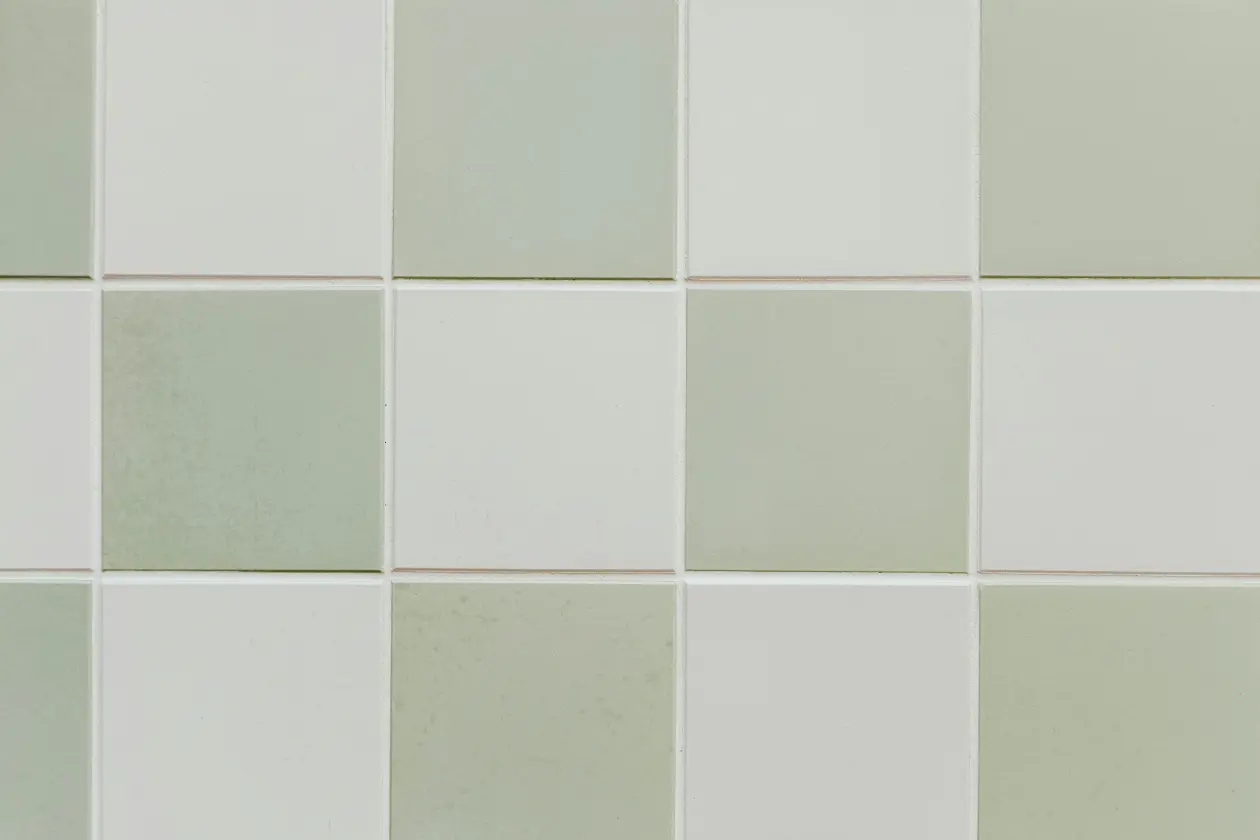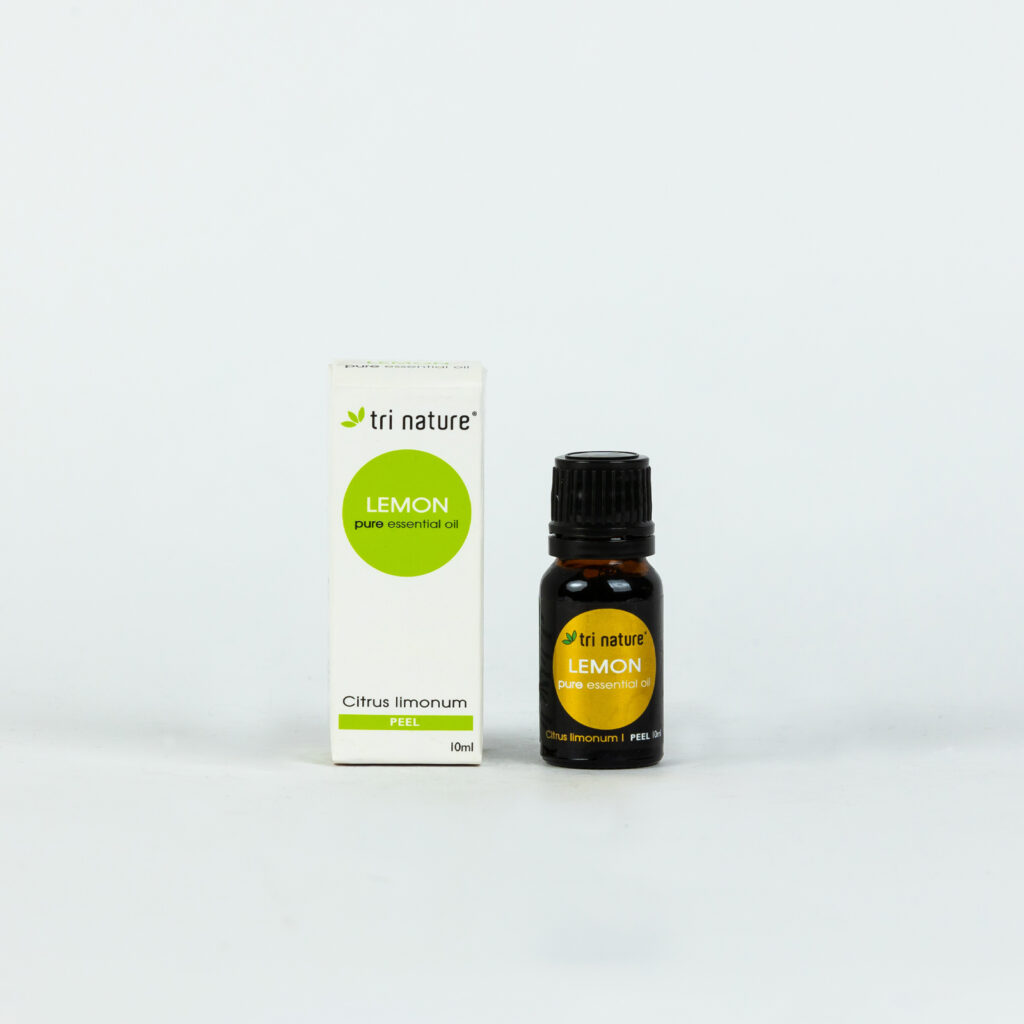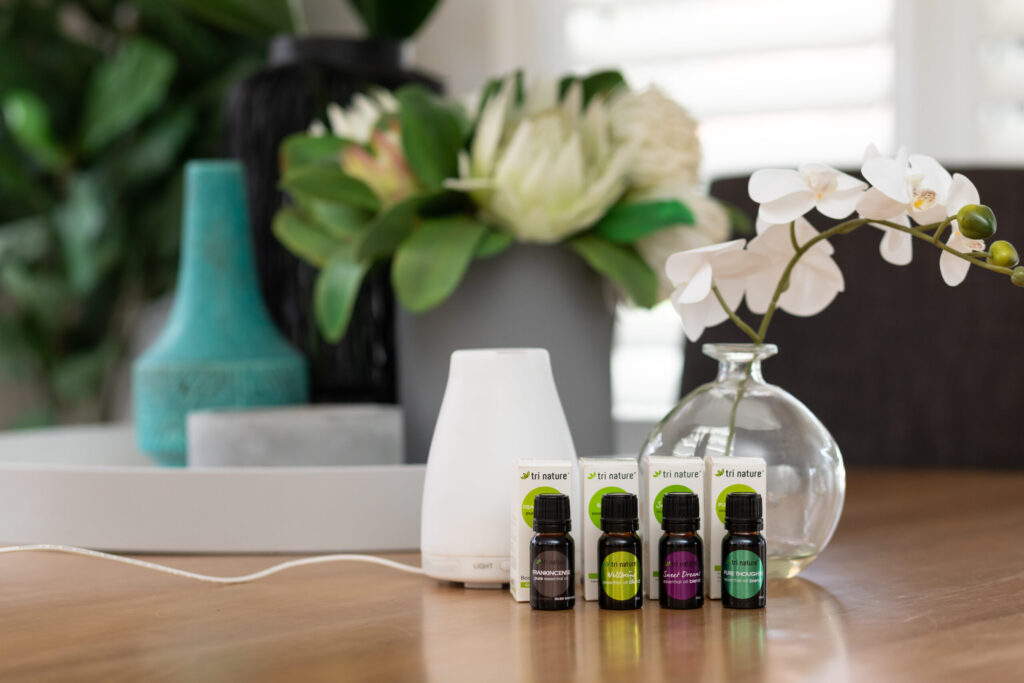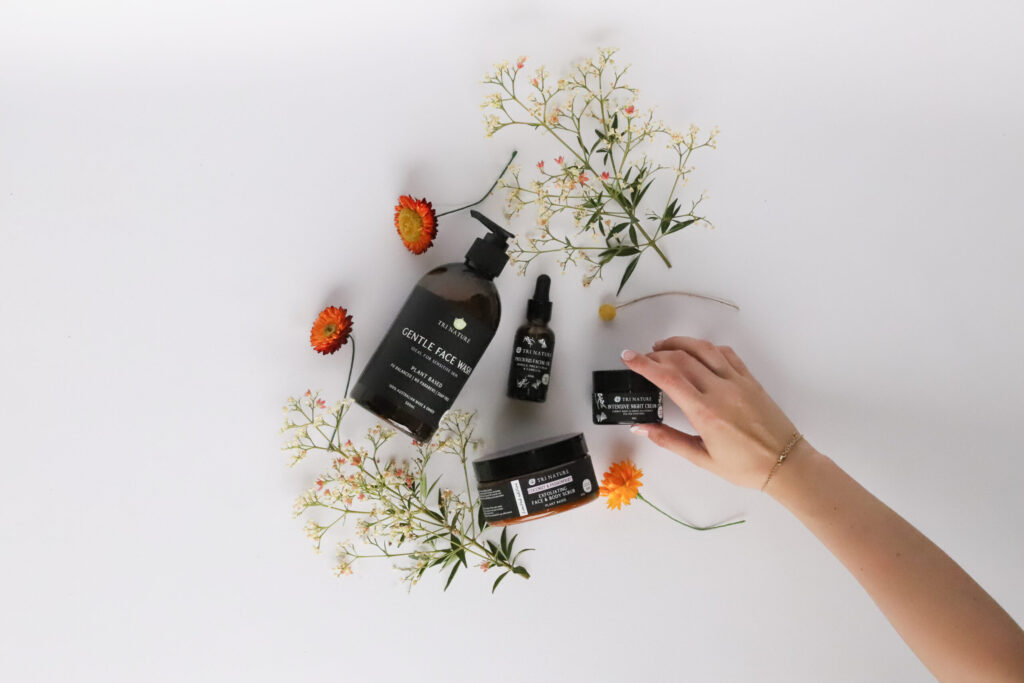Grout, it’s that stubborn area in your home where stains and grime just refuse to budge often leaving an unsightly appearance in your bathrooms or kitchens.
Fear not! In this quick guide, we’ll provide you with some effective techniques and valuable tips to restore your tiled surfaces to their former glory.
Let’s start by examining various factors that could contribute to the accumulation of dirt, stains, and grime in your grout, ranging from poor ventilation to the natural aging process.
Common Grout Culprits:
Poor ventilation
One thing we know about bathrooms, it’s their ability to become the ideal breeding ground for mould and mildew. Reduced air circulation, moisture, limited fresh air, and poor temperature create the perfect environment for these fungi to thrive. It might be time to get that exhaust fan fixed once and for all.
Dirt and dust
Over time, dirt and dust particles settle into the porous spaces of the grout lines resulting in a dull and dingy appearance.
Stains
While these kinds of stains are typically more prevalent in the kitchen—unless, of course, you share Jessica Biel’s penchant for eating or drinking in the shower—they usually involve sauces, oil, grease, and various food remnants.
Supplies needed:
- Soft bristle brush or old toothbrush
- Tri Nature’s Bathroom Cleaner (Please note: Tri Nature’s Bathroom Cleaner is not suitable for use on stone, marble, or other acid-sensitive surfaces)
- Microfiber cloth
- Bucket
Method:
We recommend testing this product on a non-conspicuous area first.
Apply and spread over the area to be cleaned. Allow it to sit for 1-2 minutes. Then, lightly agitate with the microfiber cloth or soft bristle brush and rinse clean.
Future Prevention:
Regular Cleaning:
Regularly wipe down grout lines to prevent the buildup of dirt and stains. Sweep or vacuum the area regularly to remove loose dirt and debris. If spills occur, clean them immediately to prevent permanent staining.
Sealing Grout:
Apply a quality grout sealer to protect against future stains and moisture. In cases of extensive damage or persistent stains, regrouting may be necessary.
Ventilation:
Ensure proper ventilation in bathrooms and kitchens to deter mould and mildew growth.
Maintaining clean, resilient grout is crucial for tiled surfaces, especially in high-traffic areas like kitchens and bathrooms. Whether addressing common spills or implementing preventive measures like sealing, prompt attention and appropriate cleaning techniques are paramount. By understanding the nature of stains and adopting effective strategies, you can ensure that your grout remains pristine, enhancing the overall cleanliness and aesthetics of your living spaces.



